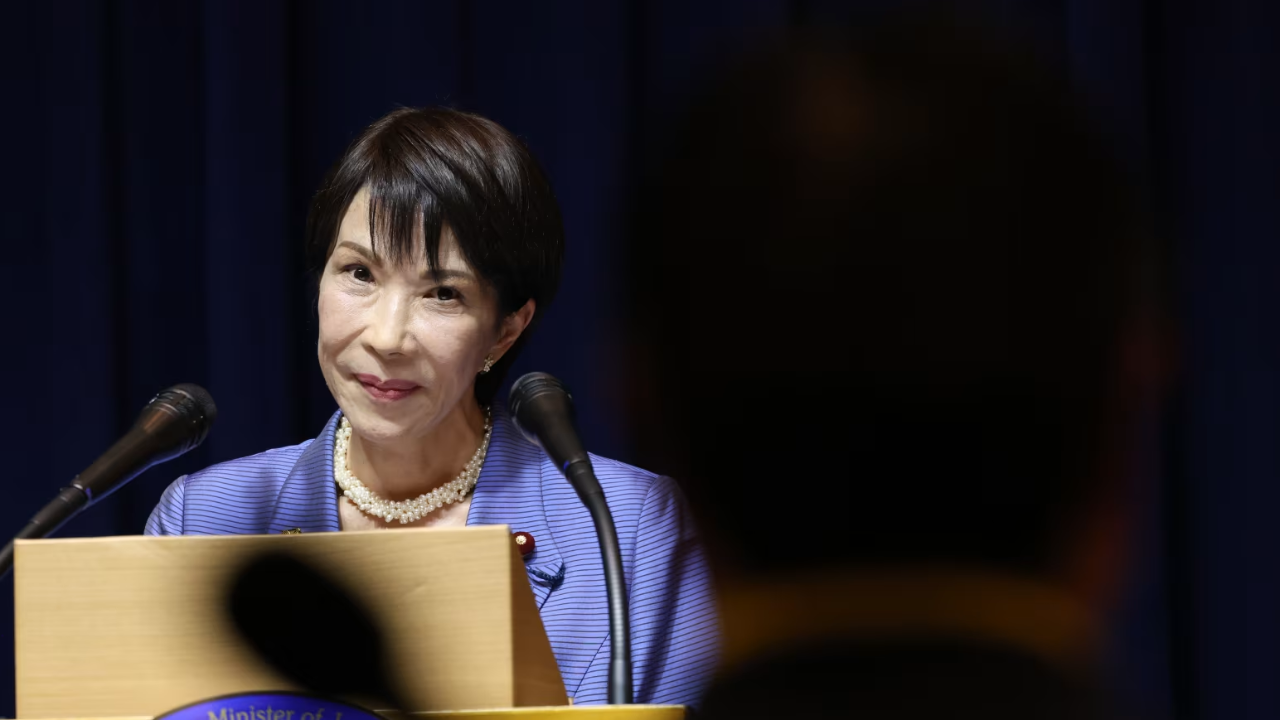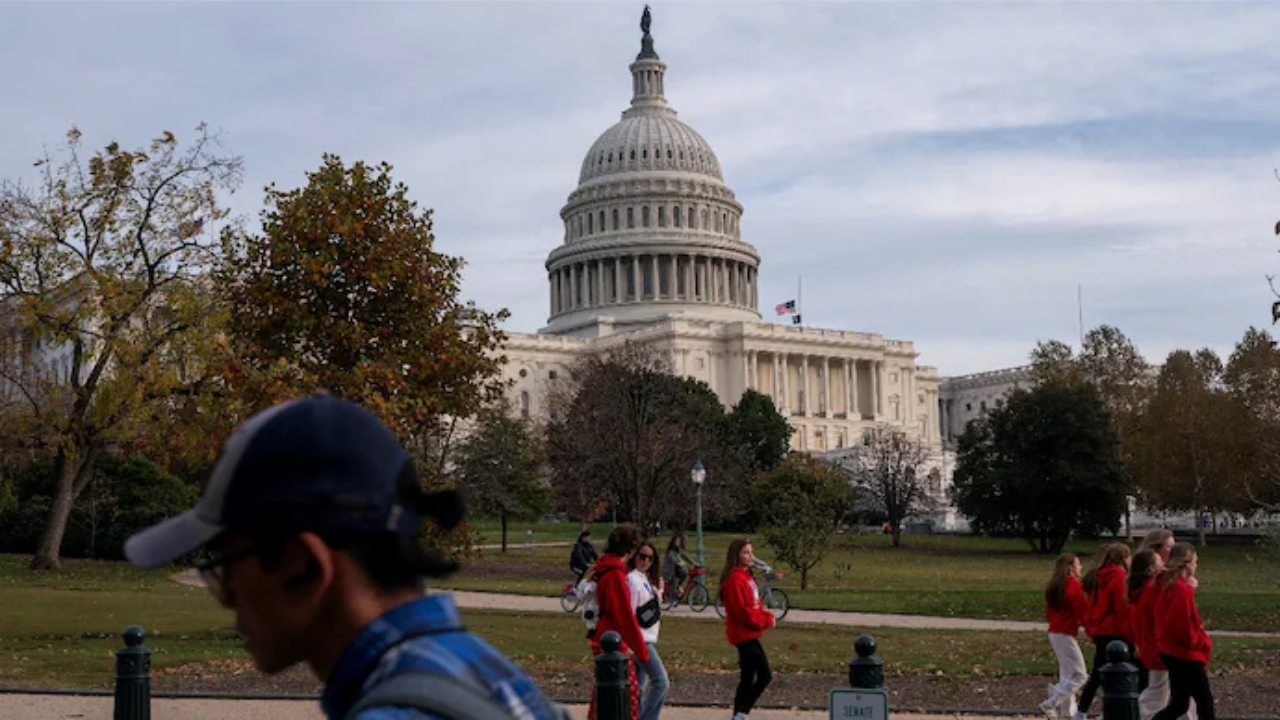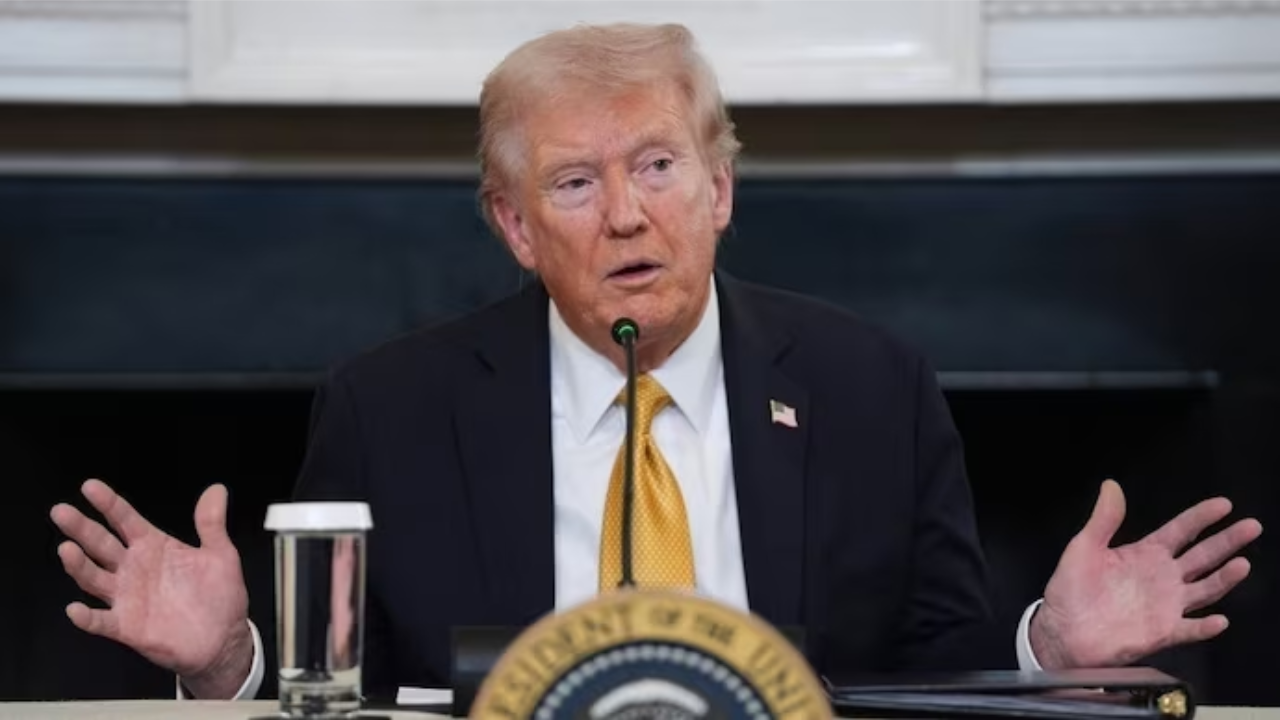Japan’s relationship with China has dramatically soured following remarks made by new Prime Minister Sanae Takaichi regarding Taiwan. Just weeks after she shook hands with Chinese leader Xi Jinping, Takaichi’s comments provoked a fiery response from Beijing, signaling a return to its aggressive “wolf warrior” diplomatic style, complete with an apparent threat of beheading from a Chinese diplomat.
The Spark: Japan’s New Red Line
On November 7, PM Takaichi, Japan’s first female prime minister, declared in parliament that a Chinese attack on Taiwan (just 60 miles from Japanese territory) would constitute “a situation threatening Japan’s survival.” She suggested this could trigger a military response from Tokyo.
- Breaking Precedent: This statement is significant because previous Japanese leaders and the US (with its “strategic ambiguity” policy) have avoided making such explicit commitments regarding Taiwan’s defense.
- Takaichi’s Stance: Known for her hardline conservative views and being a protégé of former PM Shinzo Abe, Takaichi is committed to strengthening Japan’s defense capacity. She had previously angered Beijing by visiting Taiwan and meeting its representative.
China’s Aggressive Response
Takaichi’s comments were met with an immediate and hostile reaction, seen by many as a re-emergence of China’s “wolf warrior” diplomacy.
- The Beheading Threat: The Chinese consul general in Osaka, Xue Jian, wrote in a now-deleted post on X: “The dirty neck that sticks itself in must be cut off.”
- Official Condemnation: China’s foreign ministry defended the diplomat’s comments, accusing Japan of “grossly interfering with China’s internal affairs” and calling Takaichi’s remarks “erroneous and dangerous.”
- State Media Fury: Chinese state media fanned the flames:
- People’s Daily condemned her for “recklessly shooting her mouth off.”
- Pundit Hu Xijin offered a similar violent warning: “China’s battle blade for beheading invaders has been sharpened to a very keen edge.”
Balancing Act Amidst Deep History
Takaichi later walked back her comments, calling them “hypothetical,” but she faces a delicate balancing act. While China is Japan’s largest trading partner, the relationship is burdened by deep historical hostility stemming from Japan’s colonial and war-time past, particularly the Nanjing Massacre and the occupation of Taiwan.
Chinese officials explicitly tied their condemnation to this history, stating that Japan “holds historical responsibility towards the Chinese people regarding the Taiwan issue.”
















